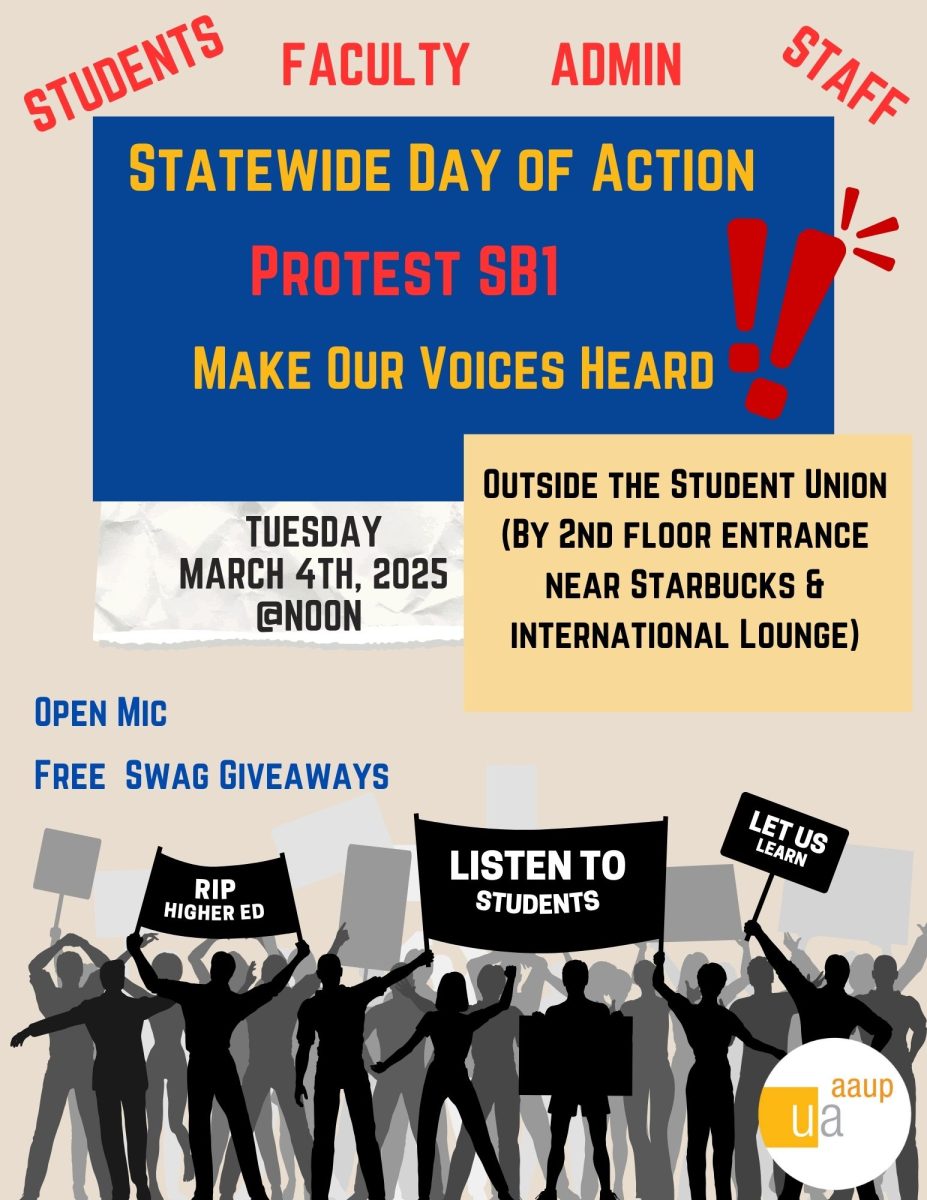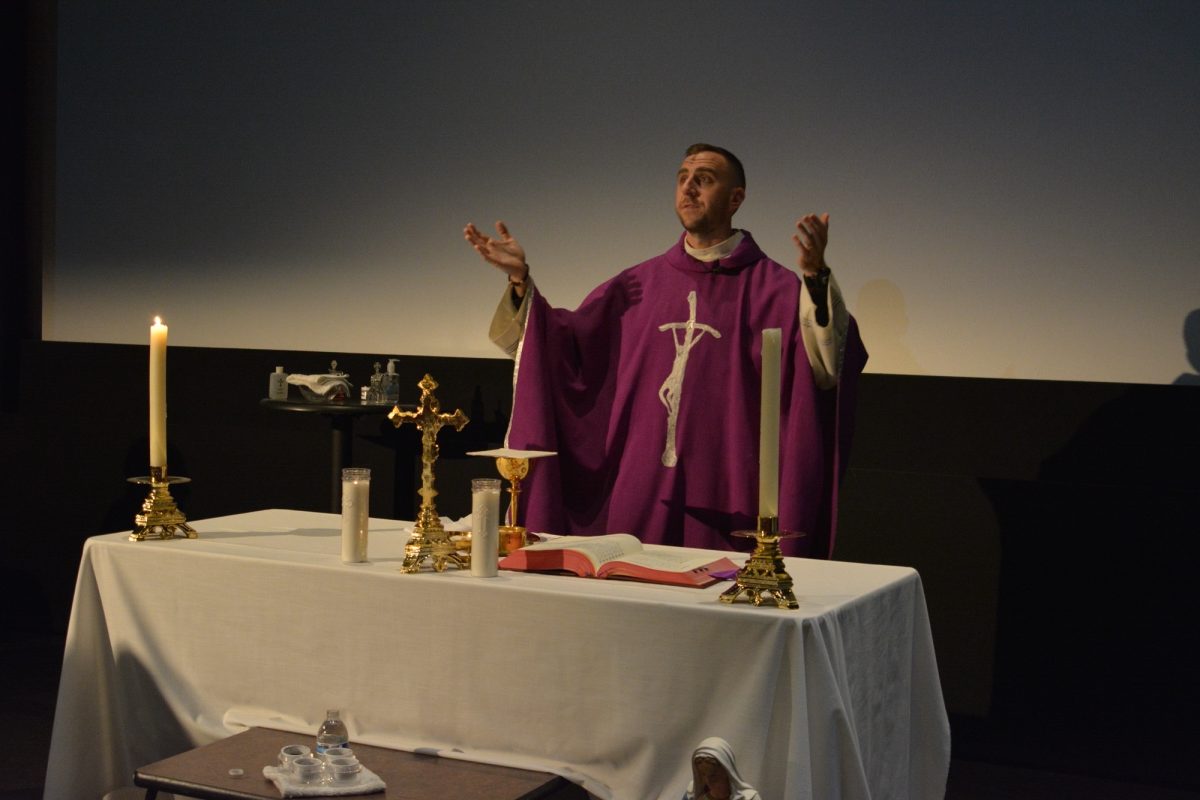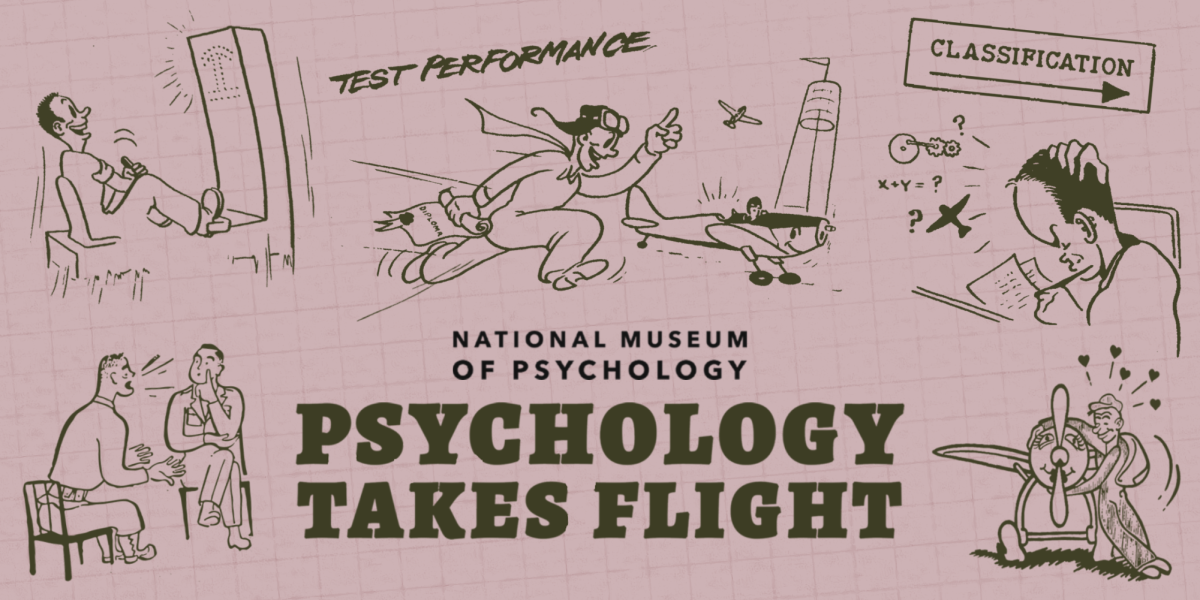Old time religion creates modern dispute
September 30, 2014
It seems that every discussion about religion these days creates conflict, loud fights and greater division among us. The true believers are lashing out like a cornered animal, the atheists are undermining the other’s beliefs, while both sides cite their never-ending list of online blogs and statistics. For example: did you know that Christians are 60 percent more likely to endure pain and stress because of their faith?
To help us understand modern issues of faith and its place in modern society here is a breakdown of the conflict, hopefully, in easily understandable terms.
The divide we face in a modern society is conflict between those who identify with faith and those who choose otherwise. The more bloody of these battles is between different faiths and the loudest are from those who worship the altar of science. The major difference would be in how they explain the world. Religious beliefs contain wisdom divined from the spiritual where it touches the physical world. In faith, there is a divide between the world we see and its meaning.
In America, as well as in the rest of Western civilization, we are struggling with casting our old roots away for new beliefs. At least, a lot of people want to. The old religion that comforted us, kept us warm at night, fended off the “bad things” and fed us wisdom is being replaced with a more realistic rationale. This transformation does not seem to be a violent one, but more of a changing-of-the-guards, where new minds see and feel differently from the past and work better with a different ideology. This is essentially what is occurring; the same shift that resulted in Christian America is what resulted from the beliefs that brought the Salem Witch Trials, The Spanish Inquisition and conquests across the world. It is an evolution of beliefs.
An objective observation about humankind is that we are pattern makers by nature. We associate one thing with another and create structures. Rules, tenets, and rituals are part of traditions to keep good things happening more often. This started with the 10 Commandments and ended with the Constitution, for example. Making structures supports a society based on observations.
The current threat rising in the Middle-East is an example of how the structural formula goes really good. There, a structure has formed and gained momentum that weaponized people without any rationality to negotiate, or sympathy to beg.
The key thing to remember about religion is not what they believe- it is how they believe. Not all religious people are good, and not all good people are religious. This is a tension that will stay with us for the rest of time, no matter how many other religions will arise. The major problem with religions who advocate violence or incessant preaching is that not only nobody wants to hear it, it results in a greater divide between the faithful and the faithless. A mere belief should not be as significant enough to cause blood spill and havoc. After all, one crusade was more than enough.













